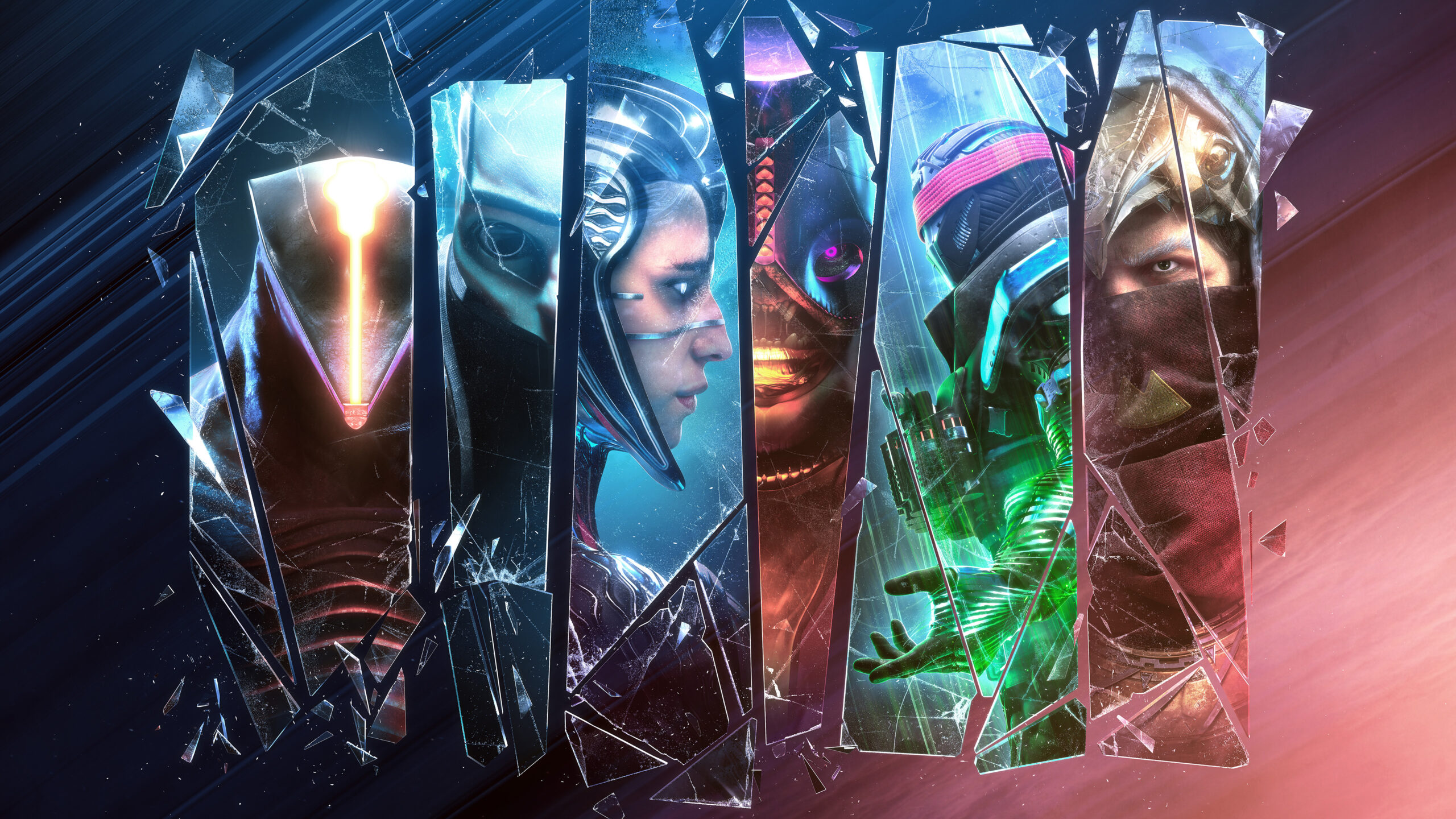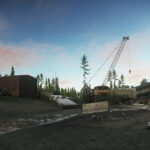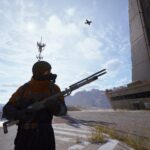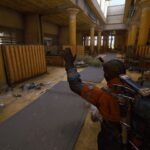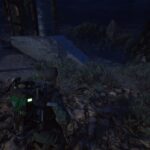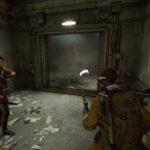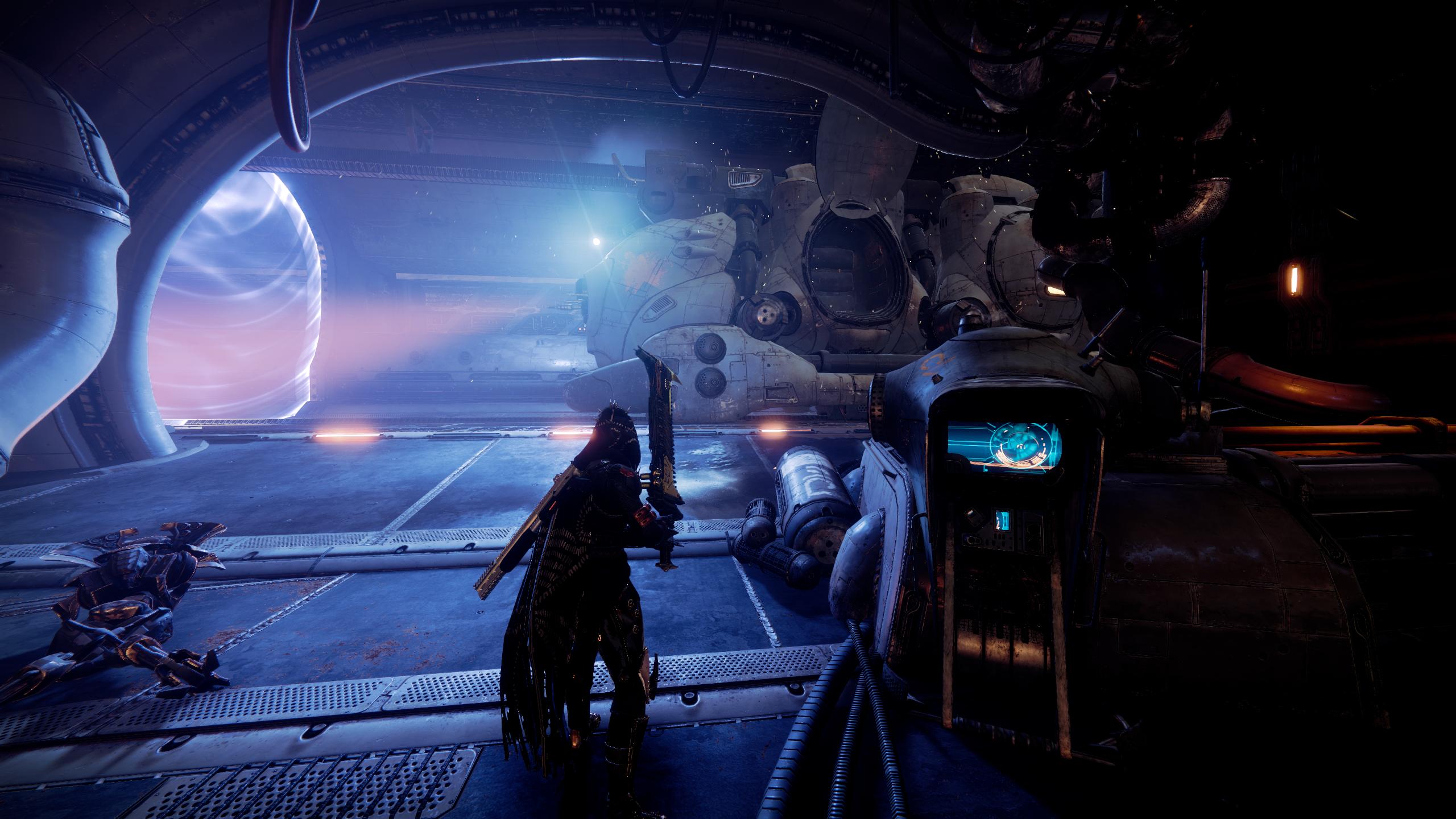In Destiny 2, teamwork is essential to success. Whether you’re tackling endgame content like raids, dungeons, or high-level strikes, or simply joining a public event, having the right fireteam can make all the difference. Building a well-rounded and effective squad requires not only having the right mix of classes, but also ensuring that each player complements the others through their unique skills and abilities. A perfectly balanced fireteam can turn even the most challenging encounters into manageable tasks, helping you achieve success in the game’s most difficult activities.
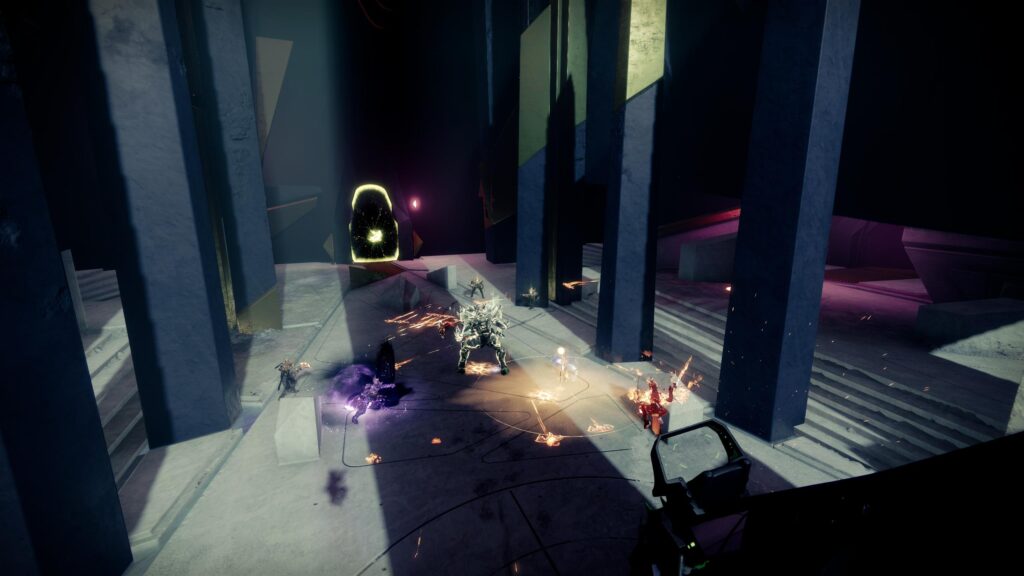
This guide will walk you through the key elements of building a strong fireteam in Destiny 2. From class synergies to team roles, we’ll cover everything you need to know to create a cohesive squad that works together like a well-oiled machine.
Understanding the Importance of Class Synergies
Destiny 2 offers three distinct classes—Titan, Warlock, and Hunter—each with its own strengths and weaknesses. While each class excels in different aspects of the game, when combined, they create a powerful synergy that can maximize your team’s potential. Understanding the role of each class in a fireteam is the first step to building a team that can handle any challenge the game throws at them.
Titans are the team’s front line. Known for their tanking abilities and defensive capabilities, Titans are perfect for absorbing damage and providing support for the rest of the team. With abilities like *Ward of Dawn* or *Bastion*, they can create shields that protect the team and increase survivability. Titans should be the ones to engage enemies head-on, whether it’s drawing fire or holding down important positions.
Warlocks bring the support needed for the team to thrive. With their healing and buffing abilities, Warlocks can restore health, increase damage, and provide crowd control. Abilities like *Well of Radiance* and *Healing Rift* help the team stay in the fight longer, while subclasses like *Attunement of Sky* can add utility by reducing incoming damage or replenishing ammo. Warlocks are essential for keeping the team alive during prolonged engagements and for maximizing DPS.
Hunters are the agile and versatile members of the fireteam. With their ability to deal high burst damage and support the team through debuffs and precision shots, Hunters are valuable assets in taking down bosses or clearing adds quickly. The *Nightstalker* subclass is particularly valuable for providing utility by tethering enemies together, making them easier to defeat. Hunters are also useful for their mobility, helping them reach objectives or reposition during intense moments.
When building a fireteam, ensure that you have a balanced representation of each class. This will allow you to take advantage of each class’s strengths and cover weaknesses, ensuring that your team is well-equipped to handle a variety of challenges. A fireteam consisting of one Titan, one Warlock, and one Hunter, for example, can tackle nearly any encounter with ease, combining defensive strength, healing, and high damage output.
Assigning Roles for Maximum Efficiency
Beyond class synergies, assigning roles within your fireteam is essential for ensuring that everyone knows their responsibilities and contributes to the success of the group. While Destiny 2 is a cooperative experience, team members still need to specialize in certain tasks to ensure that the team works efficiently and effectively.
Damage Dealers: These players are responsible for bringing down enemies as quickly as possible, especially during critical damage phases like boss fights. The damage dealer role is best filled by players who specialize in high DPS (damage per second) weapons and abilities. Hunters, Warlocks, and Titans can all fit into this role, but typically, you’ll want your fireteam’s highest DPS players focusing on boss mechanics and taking out powerful enemies.
Tanks: A tank’s role is to soak up damage and protect the team. Titans are usually the go-to choice for tanks, as their defensive abilities like *Titan Barricade* or *Ward of Dawn* can provide shields and protect the team from enemy fire. Tanks are also crucial during moments of crowd control, where they need to aggro enemies and prevent them from overwhelming the rest of the team. Assigning a Titan to tank duties ensures that your damage dealers can focus on attacking without worrying about taking damage themselves.
Support: This role is typically filled by Warlocks, although other classes can perform support functions as well. Warlocks can restore health through abilities like *Well of Radiance* or provide utility by reducing incoming damage or giving the team more ammunition. The support role also includes buffing teammates’ damage output and debuffing enemies. A strong support player is essential for keeping the fireteam alive during high-damage phases and ensuring that the team is operating at peak efficiency.
Utility: The utility role is often assigned to Hunters, though any class can provide utility. This role focuses on crowd control, debuffing enemies, and providing precision damage where necessary. Hunters in the *Nightstalker* subclass can tether enemies, grouping them together for more efficient elimination. Utility players are also responsible for quickly adapting to shifting objectives or taking on tasks such as handling adds, solving puzzles, or capturing points.
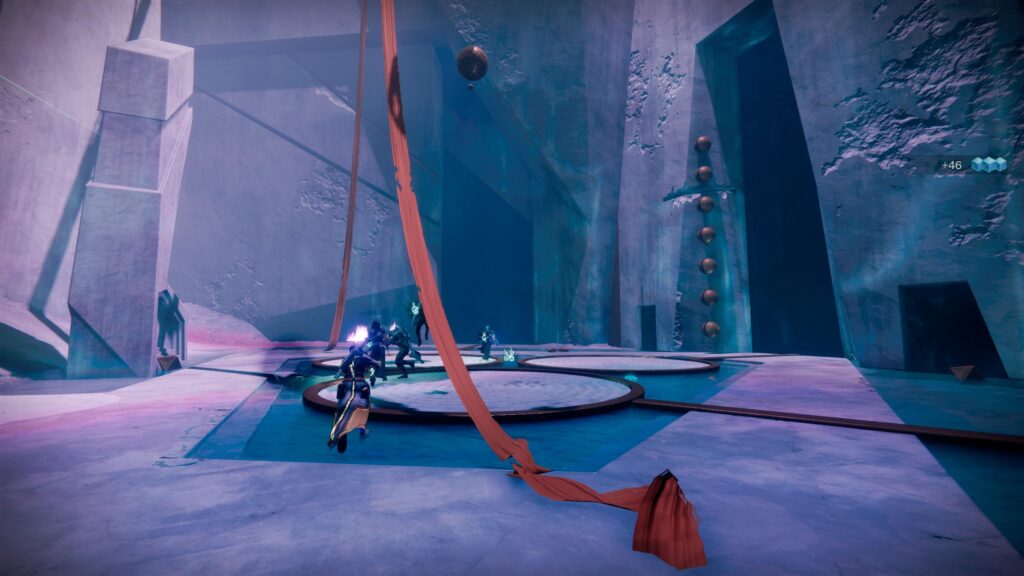
In Destiny 2, every player’s role is important. While many players gravitate towards the role they’re most comfortable with, assigning and balancing these roles based on the encounter will ensure that each team member is contributing to the overall success of the fireteam.
Team Communication: The Key to Success
Destiny 2 is a team-oriented game, and communication is key to completing the game’s most challenging content. Without clear and effective communication, even the best fireteams can struggle. That’s why fostering good communication within your fireteam is crucial to success, whether you’re running a raid, a dungeon, or a high-level Nightfall strike.
The first step in good communication is using voice chat. While text chat can be useful for quick messages, voice chat allows for real-time coordination and ensures that everyone is on the same page. Players should be able to quickly call out important information such as boss mechanics, enemy spawns, or when a critical phase begins. Having one player designated as the shotcaller, especially in larger groups, helps ensure that information is clear and prioritized.
In addition to basic callouts, successful communication involves making sure every member of the team knows their task. For example, in a raid, one player may be assigned to control the adds, while another may be focused on DPS during specific damage phases. Clear roles and expectations reduce confusion and allow players to concentrate on executing their tasks. When everyone knows their responsibility, the team can operate smoothly without missing a beat.
Good communication also means being adaptable. Destiny 2’s dynamic nature means that plans can change quickly, and players need to be flexible. If a strategy isn’t working, it’s important that the team can quickly reassess and adjust. Team leaders or more experienced players should guide the group through any necessary changes and ensure that everyone is informed and prepared for the shift in strategy.
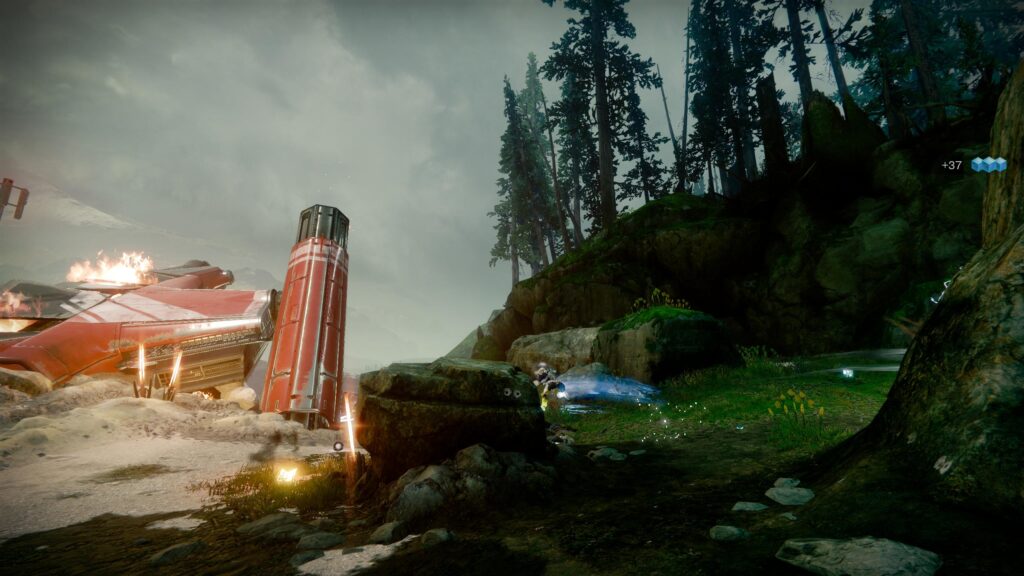
Finally, keeping morale high is essential. Raids and difficult activities can be challenging, and players may become frustrated if things aren’t going well. Encouraging positive communication, offering support to struggling teammates, and keeping the team’s spirits high can make all the difference in completing tough encounters.
Balancing Experience and Role Specialization
One of the biggest challenges when creating a fireteam in Destiny 2 is balancing experience levels and role specialization. While experienced players may know the ins and outs of each encounter, new or less experienced players may need additional guidance. Ensuring that the fireteam has a mix of experienced players and newer players creates a balanced squad where more experienced players can mentor and help guide the team through difficult mechanics.
Role specialization also plays a key role in building an effective fireteam. Each player should feel confident in their role, whether that’s tanking, damage dealing, or supporting. However, it’s also important to have players who are capable of filling multiple roles if needed. For example, a Warlock specializing in healing could switch to DPS if the team needs a stronger damage output during a boss phase. Versatile players can be invaluable in adapting to different circumstances during difficult encounters.
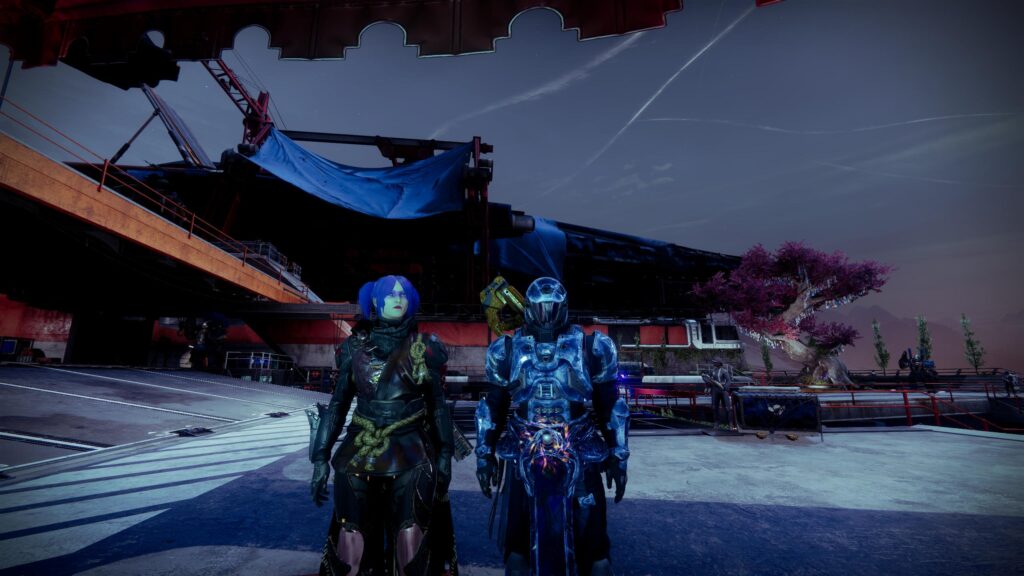
The best fireteams in Destiny 2 are those where players work together, complement each other’s skills, and provide support where necessary. Creating a fireteam that allows everyone to shine while also ensuring that the team is well-rounded and adaptable is the key to long-term success in Destiny 2’s most challenging content.
Conclusion
Building the perfect fireteam in Destiny 2 is about more than just picking the right classes or roles—it’s about creating a group that works together harmoniously, communicates effectively, and adapts to challenges as they arise. By balancing class synergies, assigning roles based on strengths, and fostering good communication, you can create a team that can conquer Destiny 2’s toughest challenges. Remember, every Guardian has a unique contribution to make, and when everyone plays their part, success is inevitable. So gather your fireteam, coordinate your efforts, and take on the challenges of Destiny 2 together!
